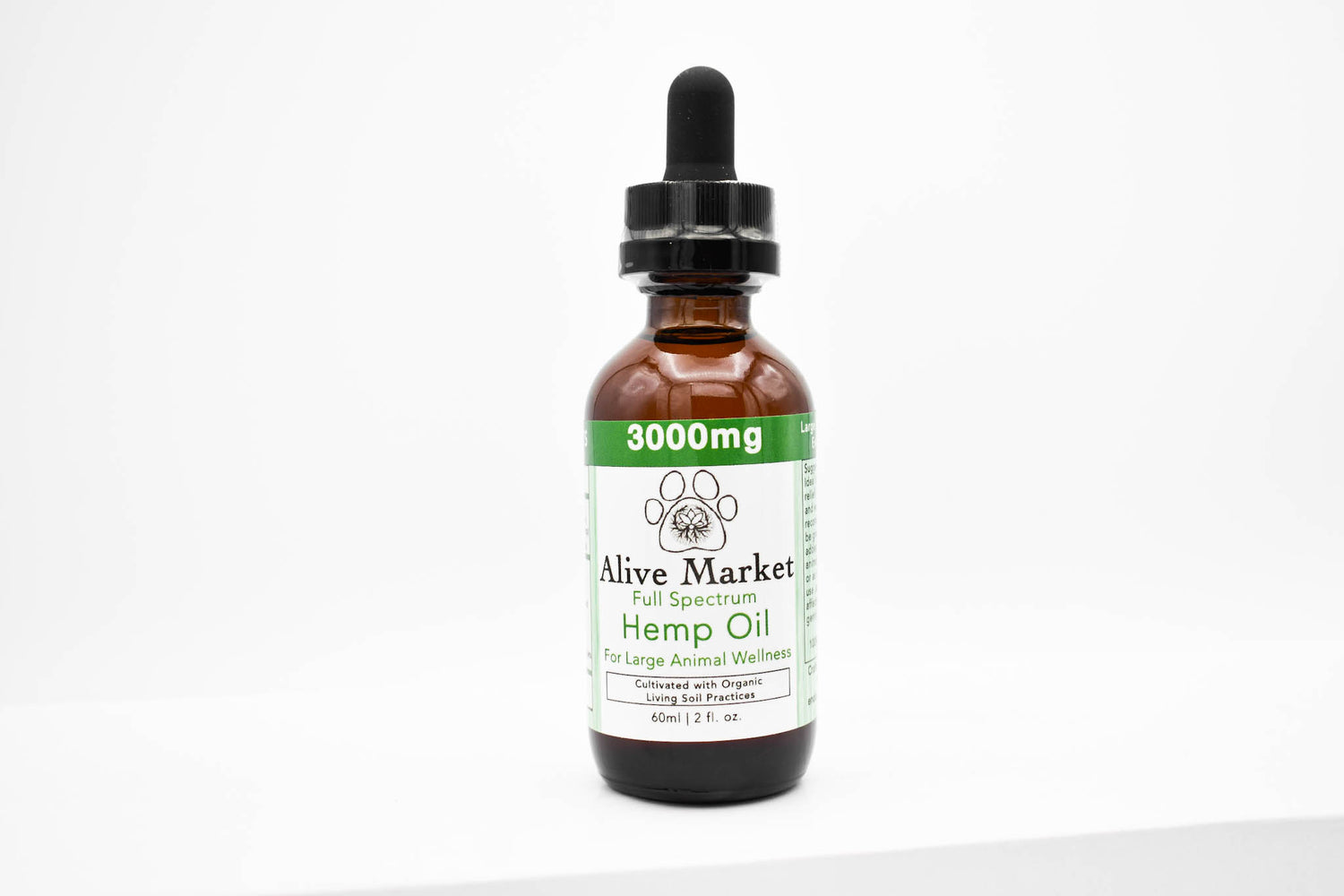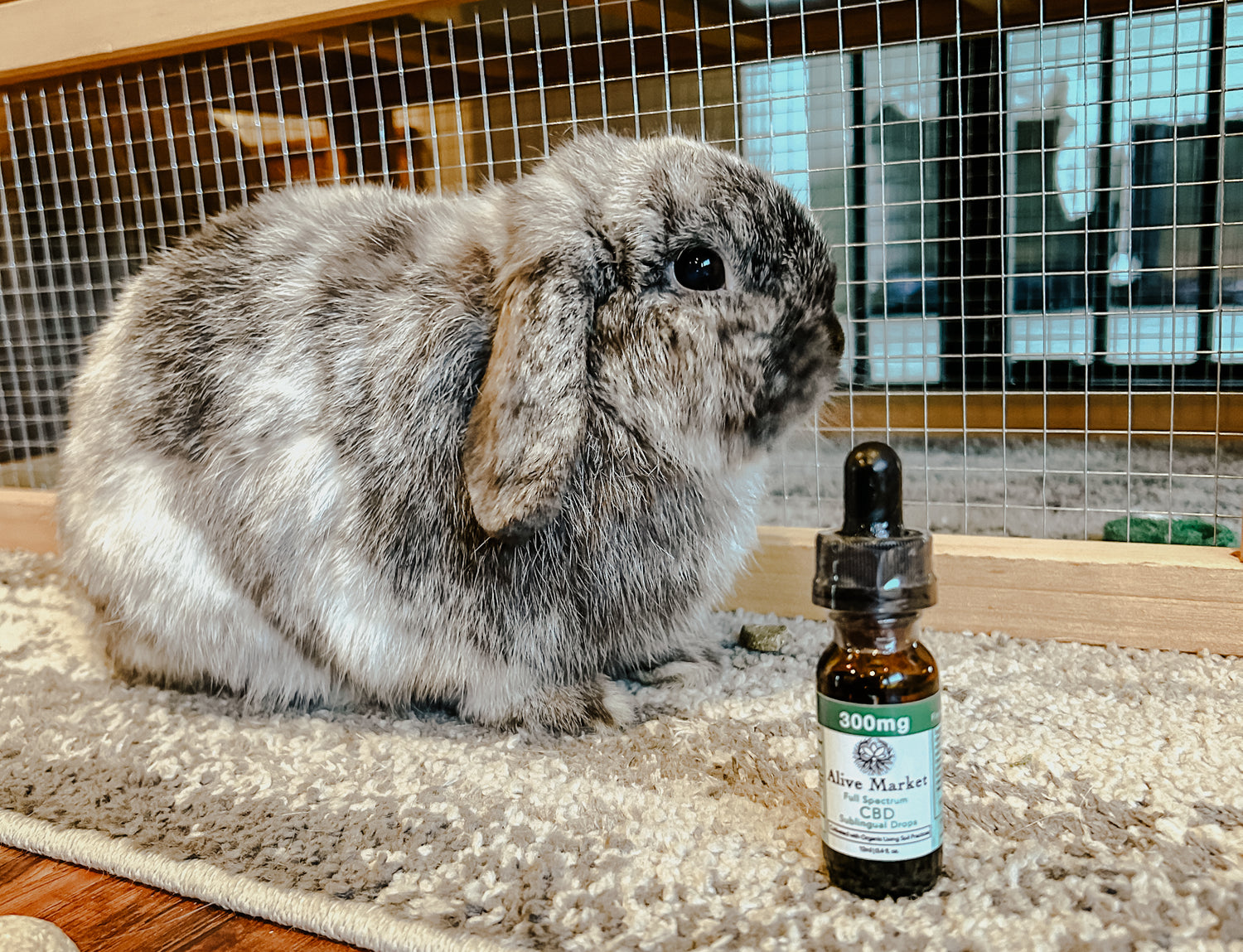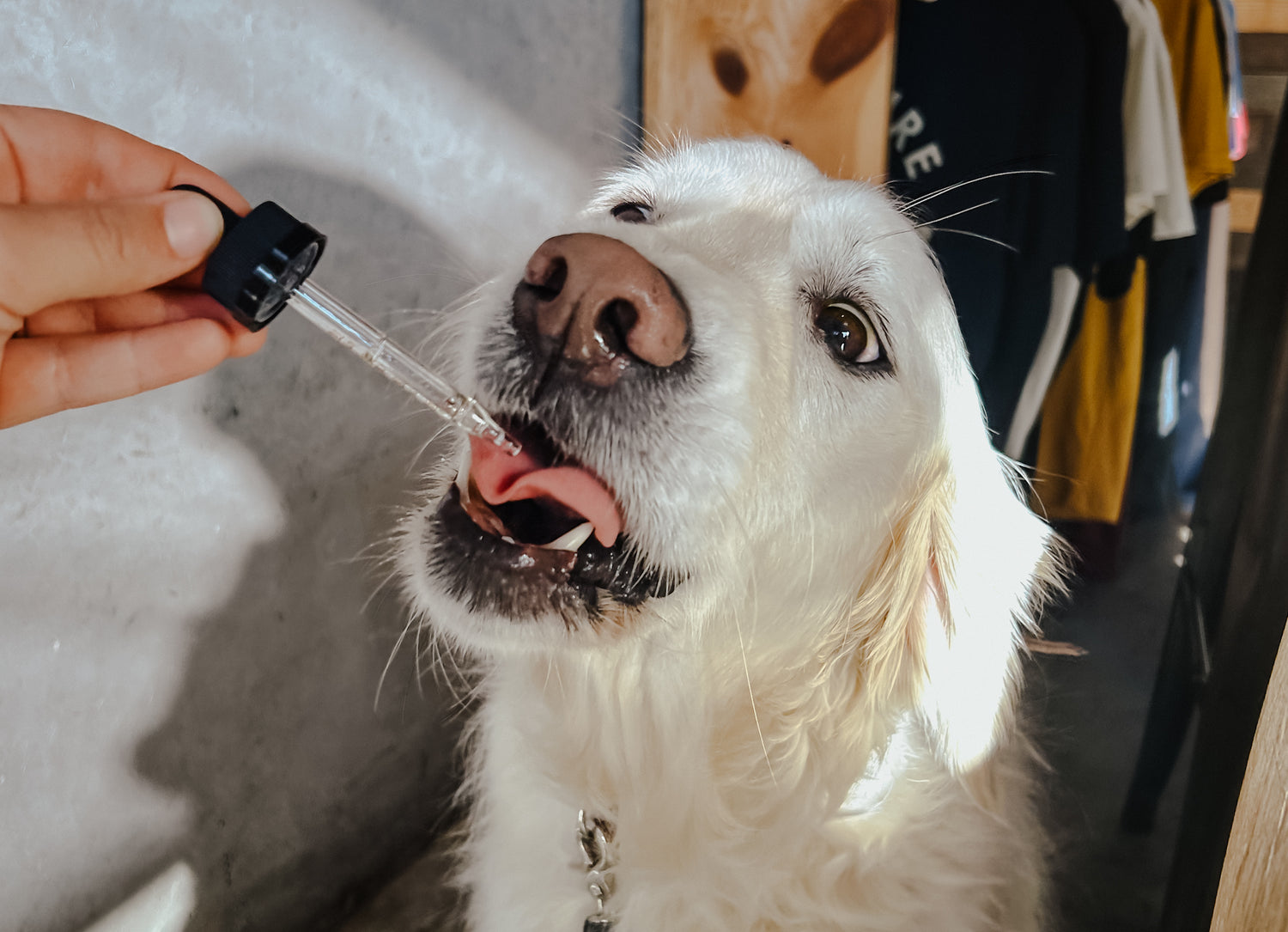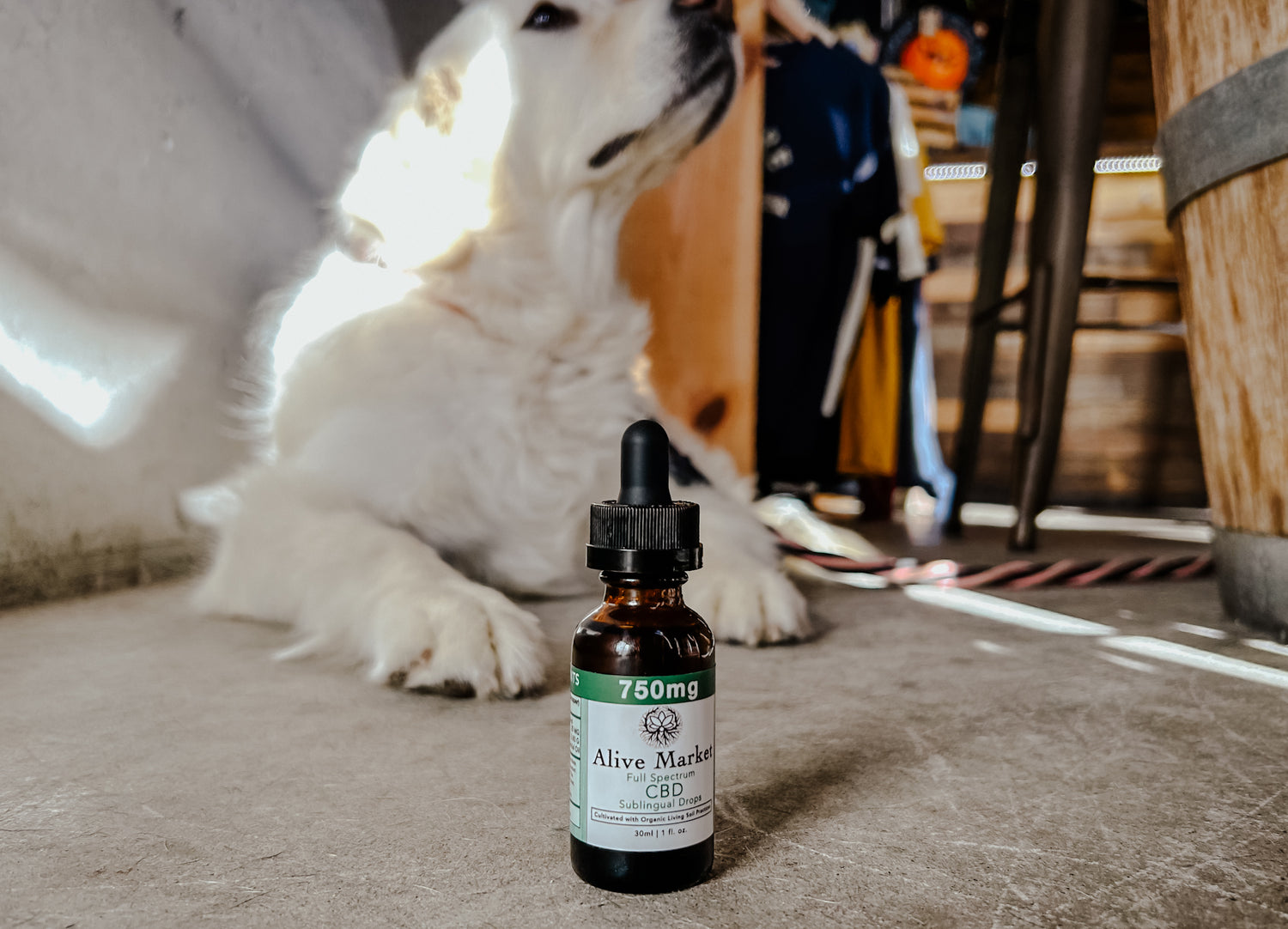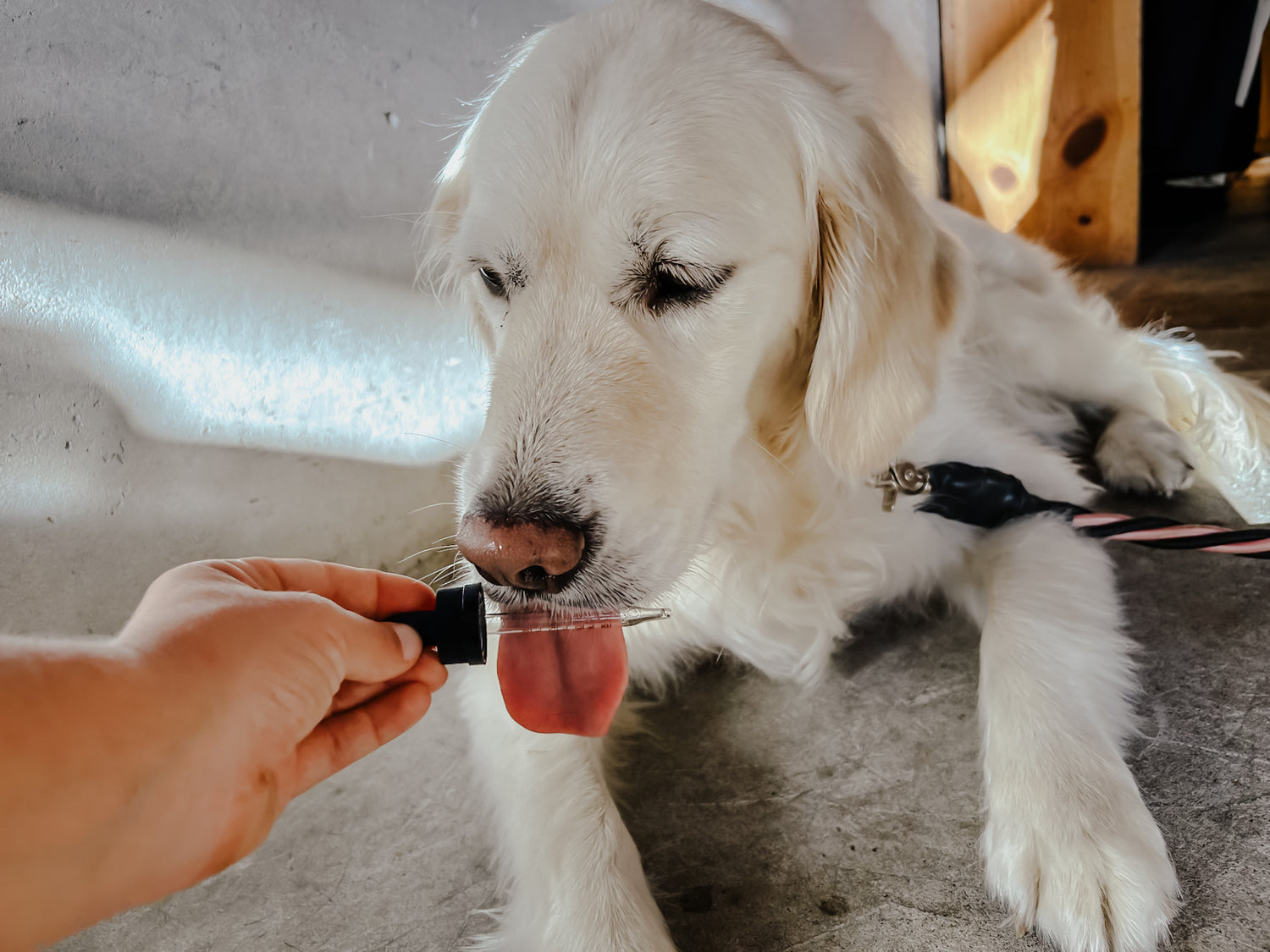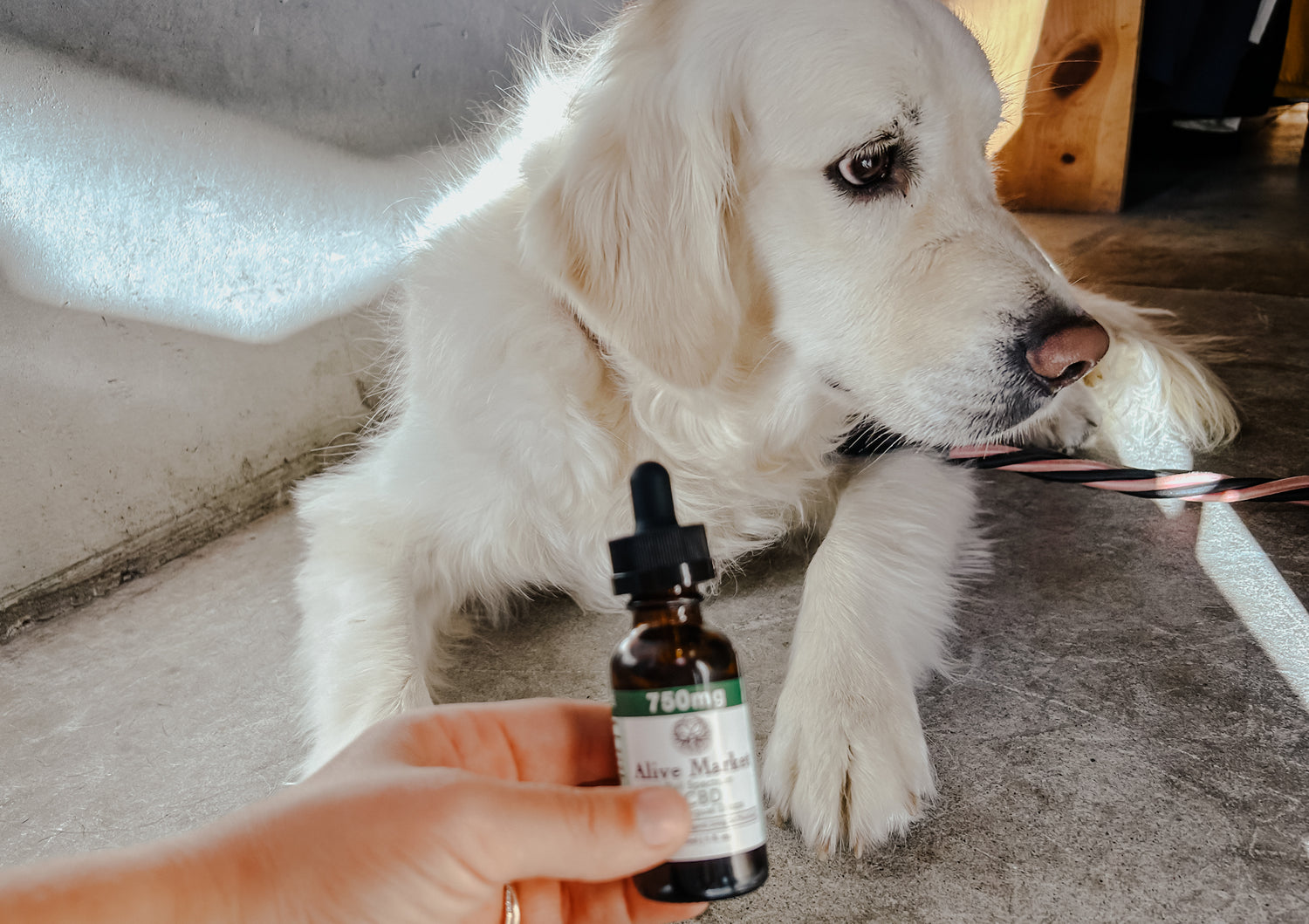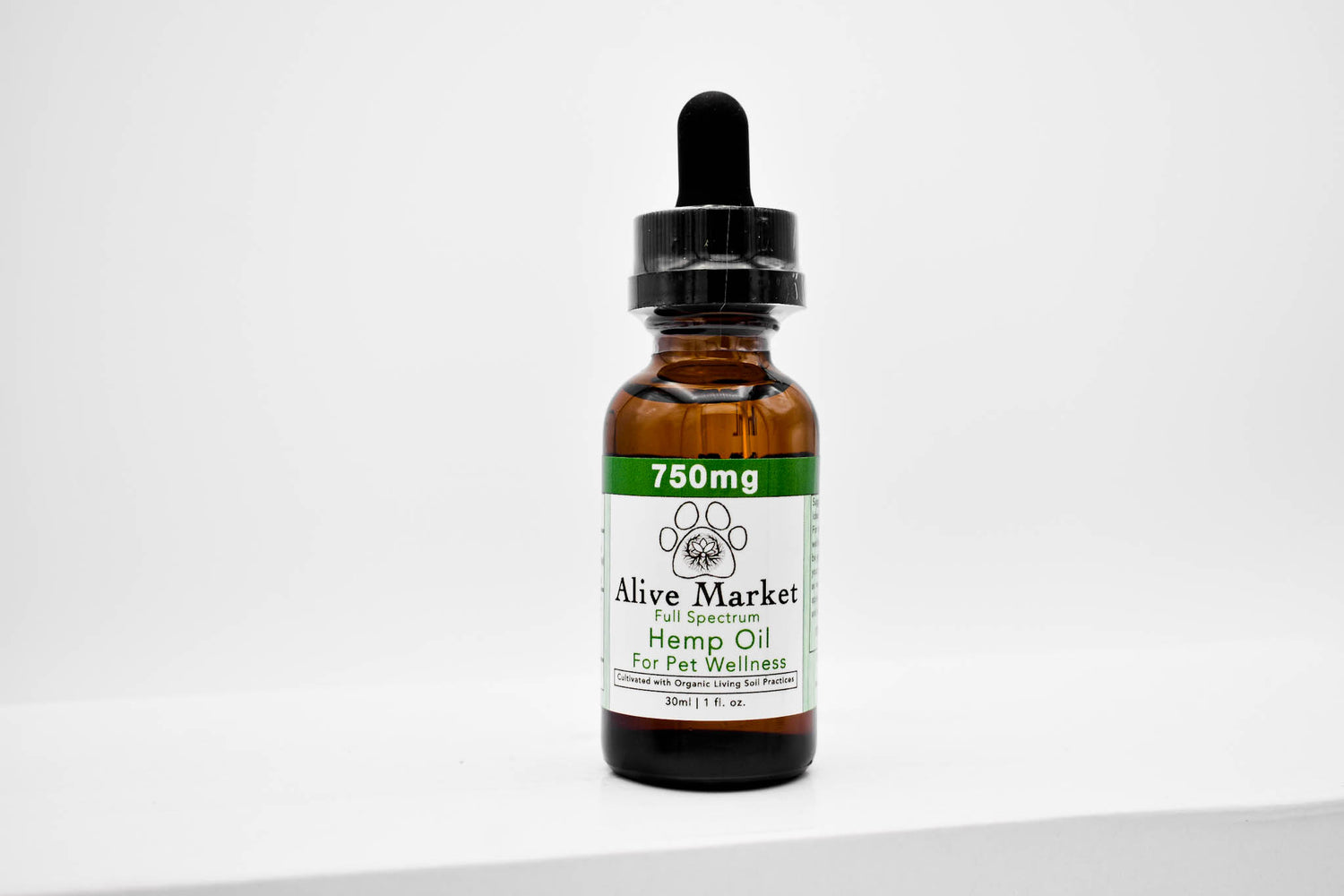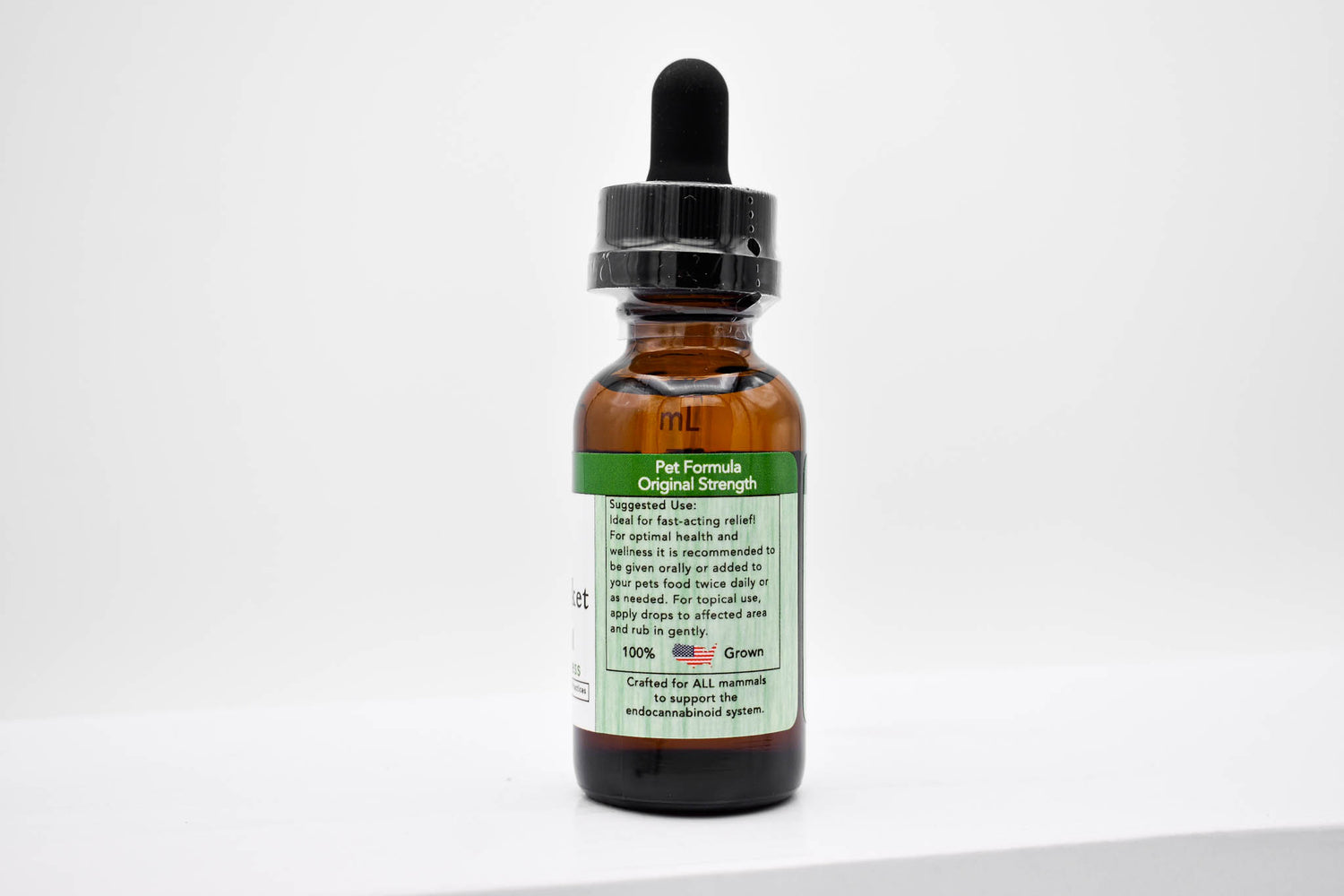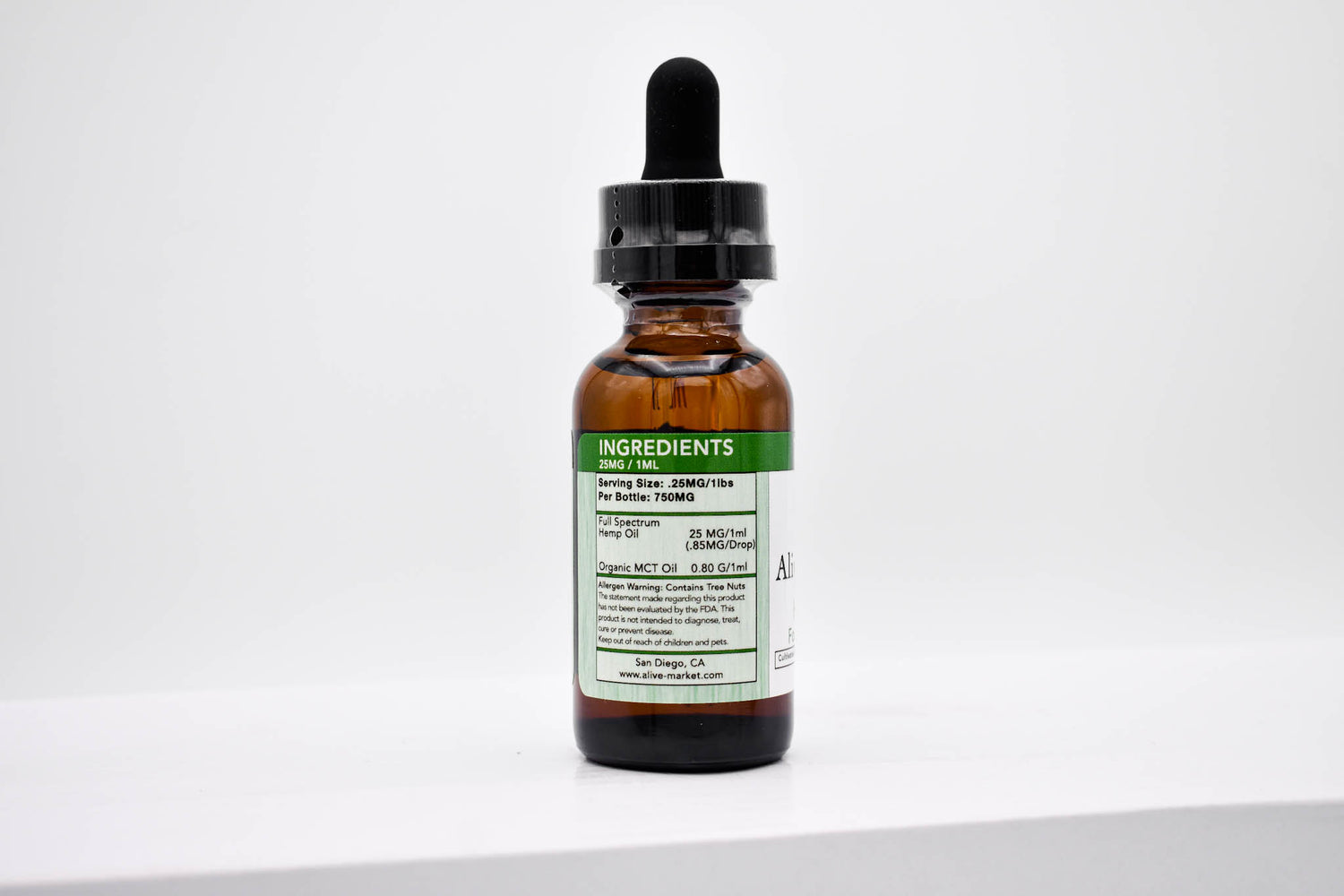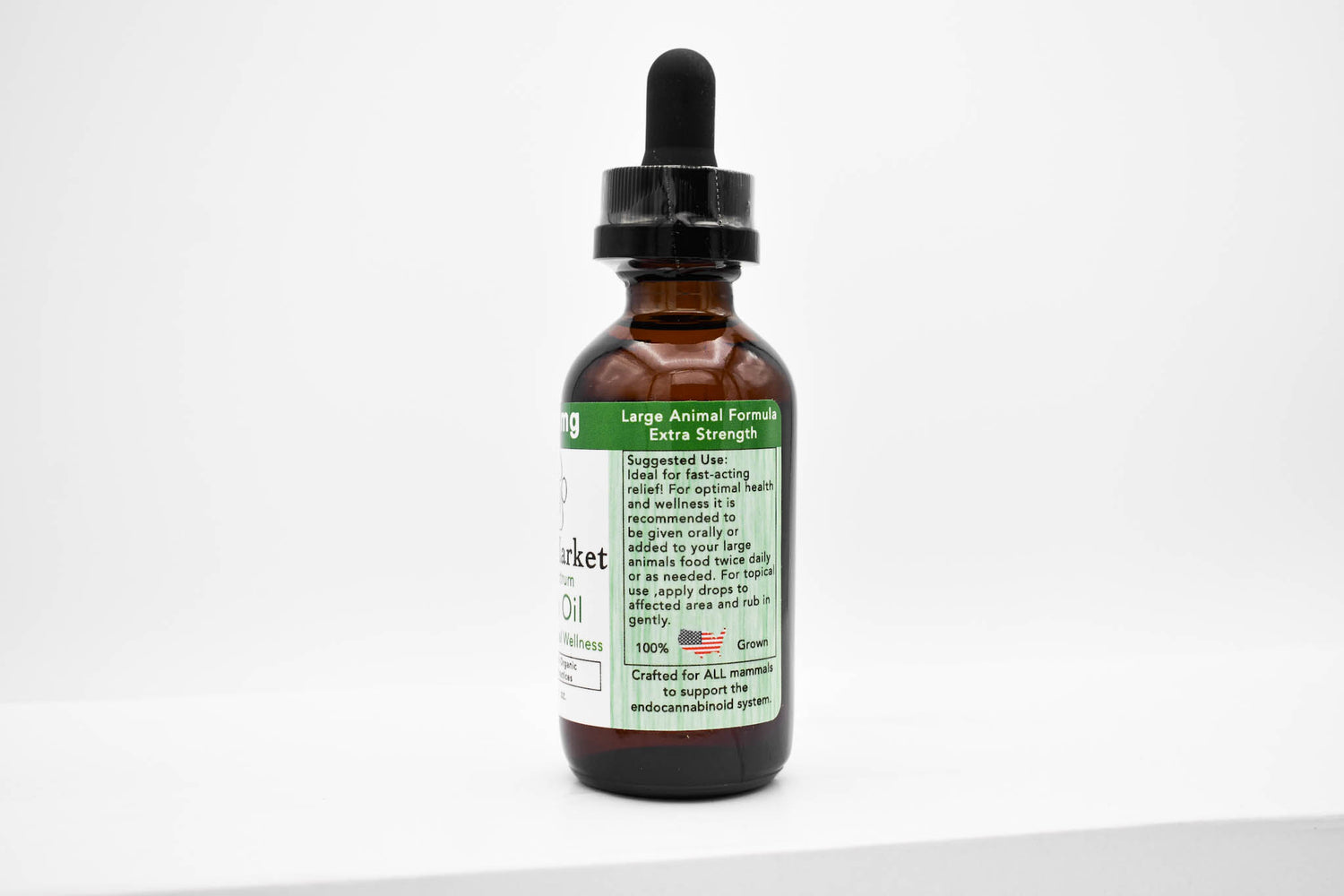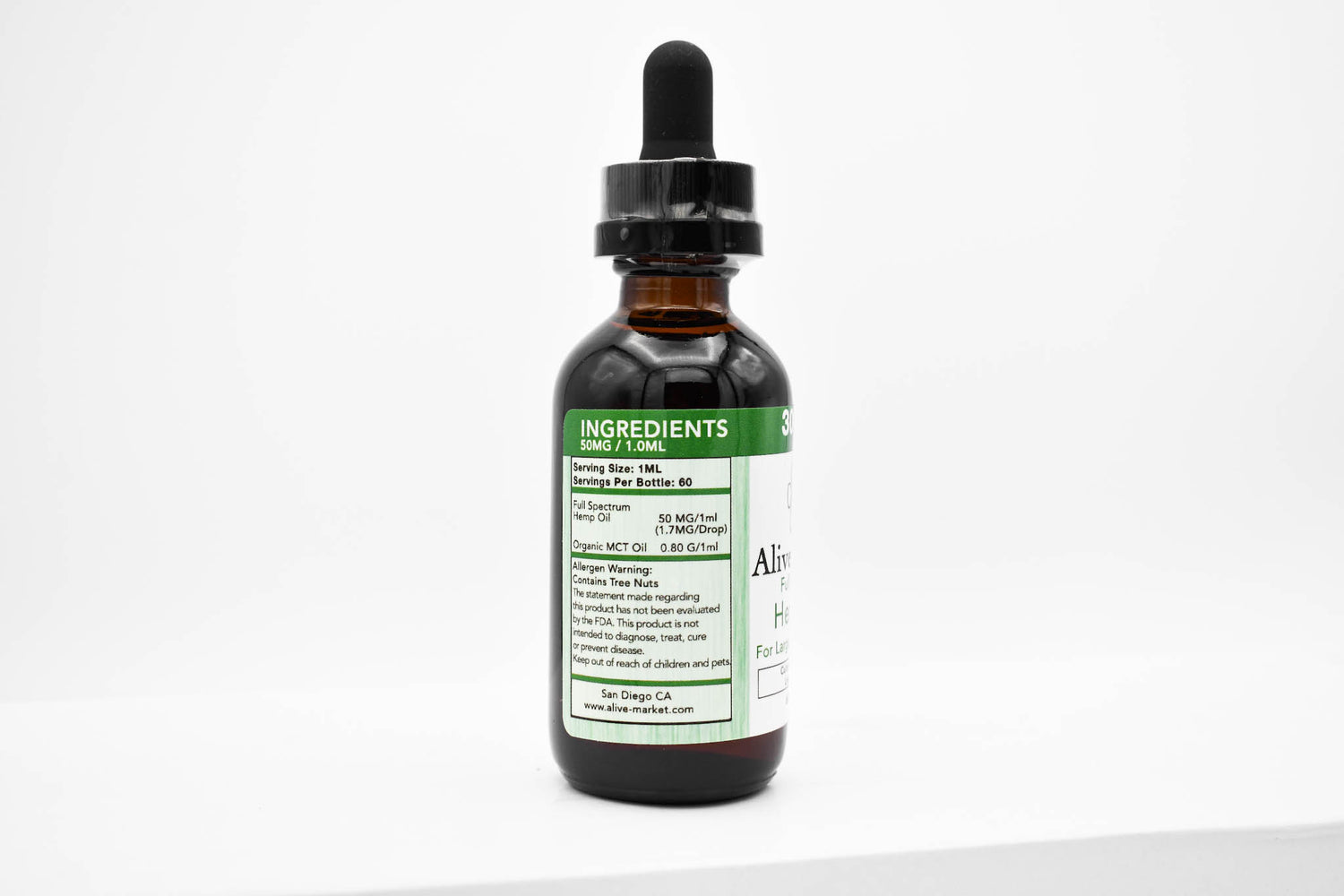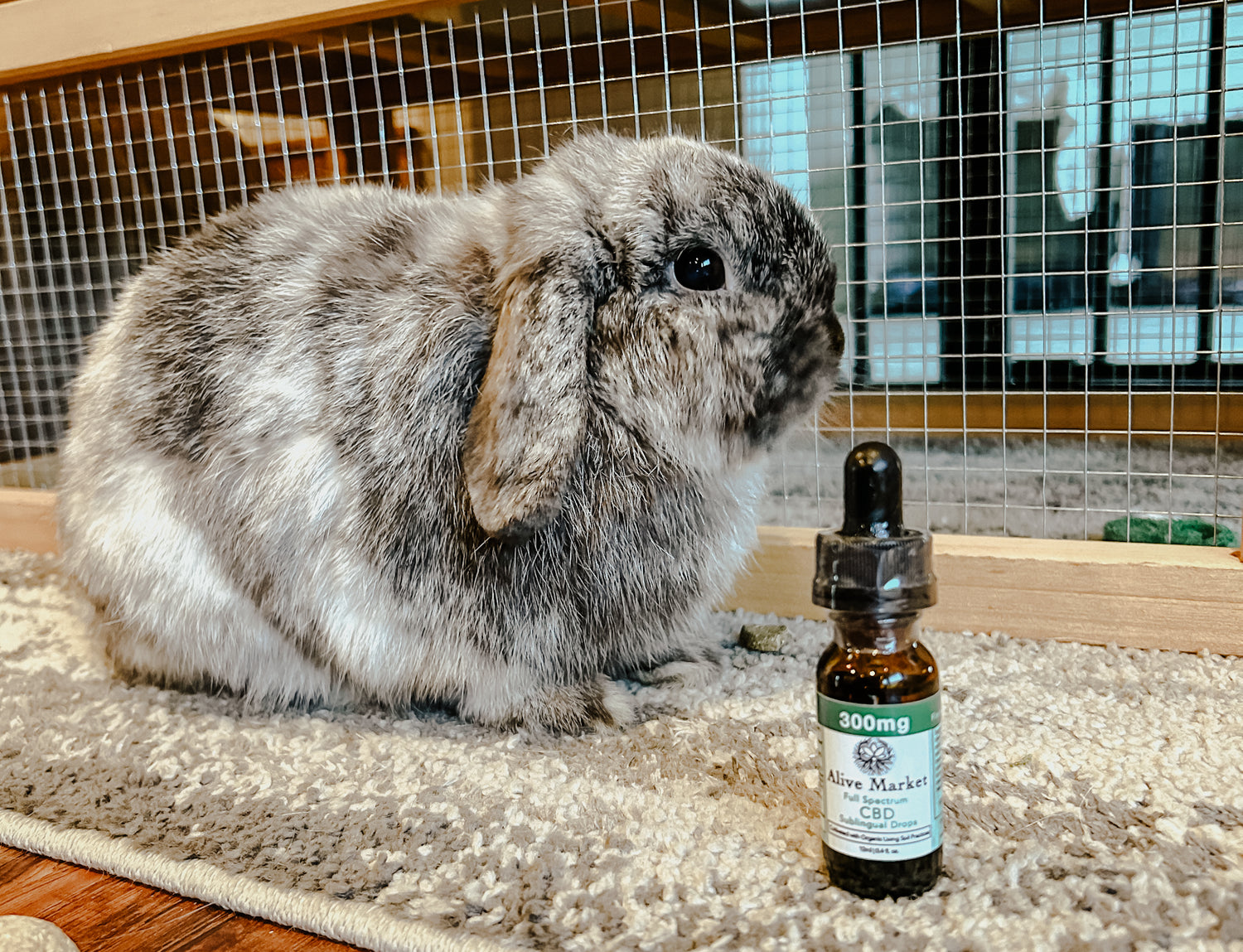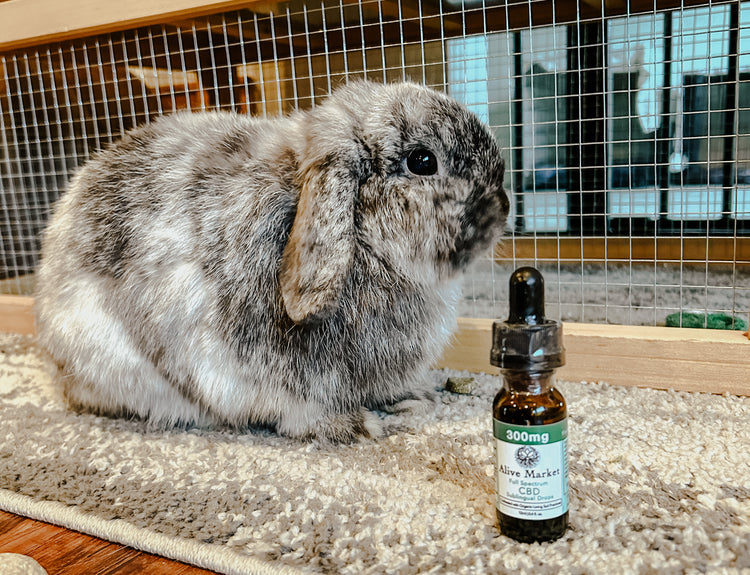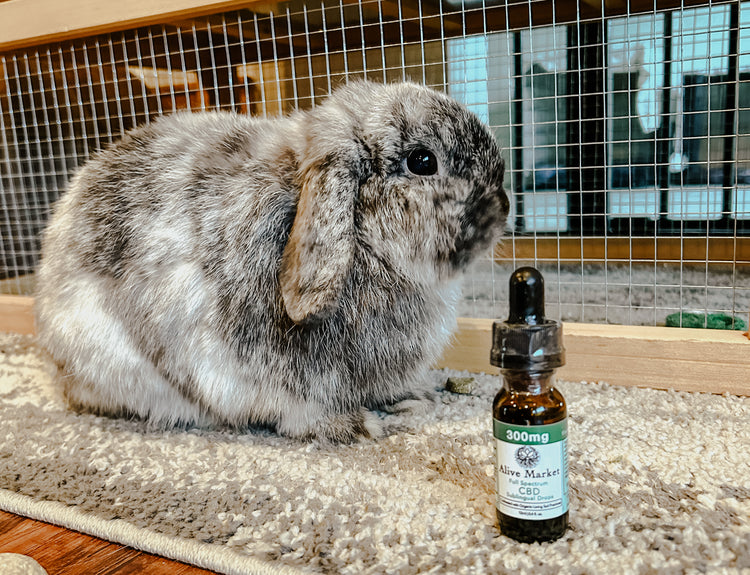If your beloved pup has been diagnosed with chronic pancreatitis, you're likely feeling concerned and overwhelmed. Some aspects of treating and comforting a dog with pancreatitis have to do with the type of pancreatitis they present with.
There are two types of pancreatitis acute and chronic, many times your action plan will depend on which type your pup presents with. Both types can cause a lot of pain and if not treated can be life-threatening. While this condition can be severe cases, there are many things you can do to both reduce their symptoms and provide comfort for them during this difficult time.
We'll discuss the best ways how to comfort a dog with chronic pancreatitis so that you can get your dog back on track as soon as possible. Whether it's helping the dog adjust its daily routine or supplying extra cuddles, these tips will make all the difference!
What Is Dog with Pancreatitis?

Pancreas has an important function that involves helping your dog digest pet food. Aside from helping to regulate blood sugar levels, the pancreas produces several digestive enzymes and secretes them into the small intestines.
Normally, as the digestive enzymes pass through the pancreatic duct before being released into the small intestine, they are inactive. Those enzymes become active once they reach the small intestine, and they begin the process of digestion.
In a healthy dog, the pancreas produces digestive enzymes into the small intestine, and only once these digestive enzymes are safely in the small intestine do they become active and start to break down food. In a dog with pancreatitis, these pancreatic enzymes immediately activate once they are released, causing damage to the tissues of the pancreas, surrounding tissue
Acute Pancreatitis is an inflammatory disease of the pancreas that can get very bad if it isn't treated. Acute pancreatitis in dogs can cause them to vomit, lose their appetite, and have diarrhea. If your dog has any of these symptoms, you should see a vet immediately because pancreatitis can lead to other serious health problems. in severe cases, pancreatitis can even lead to death.
Common Symptoms Dogs With Pancreatitis?
The pancreas is an internal organ that is responsible for producing digestive enzymes called exocrine. Canine pancreatitis simply means inflammation of the pancreas. The following are common symptoms that your dog may be experiencing pancreatitis. It is crucial to know how to comfort a dog with pancreatitis. Always consult your veterinarian if you notice any of these signs in your dog.
- Vomiting
- Diarrhea
- Dehydration
- Abdominal Pain
- Fever
- Lack of Appetite
- Weight Loss
- Lethargy
7 Ways How To Comfort Dogs With Pancreatitis
1. Understand The Symptoms
The first step in comforting dogs with pancreatitis is understanding the symptoms. The most common symptom is abdominal pain, which can cause your dog to whimper or cry. Other symptoms include loss of appetite, vomiting, diarrhea, weight loss, and lethargy.
If your dog displays any of these symptoms, it is essential to take them to the vet as soon as possible. experts advised dog owners to limit their dogs with pancreatitis from eating dog food and drinking water until they stop vomiting. The purpose of withholding food and water was to “relax” the pancreas.
2. Keep Your Dog Calm
Once you have a diagnosis from the vet, it is vital to keep your dog calm and quiet. This means no running or playing and minimal walking. Your dog may be feeling pain and discomfort, so it is essential not to exacerbate its condition.
3. Feed Your Dog Small Frequent Meals

What to Feed a Dog With Pancreatitis? Another way on how to comfort a dog with pancreatitis is to feed them small meals. This is because large meals can trigger an attack of pancreatitis. Providing your dog's diet with frequent meals of low fat food throughout the day, rather than one large meal, is also essential to prevent nausea and vomiting. Many times if your pup has chronic pancreatitis your veterinarian will place your dog on a prescription diet or a low-fat weight-loss diet.
4. Feed Them A Special Dog Food Diet
However, most affected dogs must have a special low fat or homemade bland diet for several weeks or more. Once your furry friend is feeling better, you will need to feed them a special dog food or a prescription diet that is low fat and easy to digest.
Your vet can recommend a suitable healthy food or diet for your dog based on their individual needs. If your dog is vomiting, the advice would be to avoid giving your dog food, but make sure that they have access to plenty of fresh water. These cases typically require fluid therapy to maintain hydration at appropriate levels.
5. Provide A Comfortable Place For Your Dog To Rest
Providing a comfortable place for your furry friend to rest when suffering from pancreatitis is also essential. Allow them to rest in a soft bed in a calm area where they will not be disturbed. Consider using a heating pad or blanket to help ease any pain or discomfort they may be feeling.
6. Follow Up With The Vet

Once your dogs with pancreatitis has started on the road to recovery, it is vital to take them back to the vet for follow-up appointments to allow the vet to monitor their progress and ensure they continue improving. They may also give your pooch pain medication to help control the pain. In more severe cases, anti-inflammatory drugs, anti nausea medication or anti-emetics (to control vomiting) may be required.
7. Give A Daily Dose Of CBD oil
If you have dogs with pancreatitis, CBD oil can help by giving your pet much-needed pain relief.
Alive-Market's CBD Oil For Pets
CBD oil for dogs from Alive Market is the best way to help dogs with pancreatitis feel better and relieve their pain. Canine pancreatitis is often very painful and can cause your pet a lot of pain. With CBD oil from Alive Market, you can help your dog feel better without worrying about side effects or dangerous ingredients found in common pain medication.
The oil was made with care and precision, using only natural and holistic ingredients that are safe for your pup's sensitive system. And since it doesn't have any psychoactive components, it won't get your dog high as some cannabis products do.
Possible causes of canine pancreatitis
Obesity

A common risk factor for pancreatitis in dogs is obesity. Obesity puts extra strain on the pancreas, which can lead to inflammation. Dogs that are overweight or obese are more likely to develop the condition than those at a healthy weight.
High-Fat Diet
Another possible cause of pancreatitis in dogs is a high-fat diet. Fatty foods can put extra strain on the pancreas and lead to inflammation. Dogs with a diet high in fat are more likely to develop the condition than those with a balanced diet. Feed you dogs a low fat diet. It is quite common to receive dogs in the emergency clinic during Thanksgiving because they have been given or have gotten ahold of high-fat human food, and it has caused their pancreas to swell.
Infection
Dogs can develop pancreas infections from bacteria, viruses, or parasites. These infections can cause inflammation and lead to dog pancreatitis. Infection is another possible cause of pancreatitis in dogs. Studies have shown that dogs who eat garbage, human food, or dirt are more likely to develop pancreatitis.
Genetics
Genetics may also play a role in the development of pancreatitis in dogs. Some breeds of dogs are more prone to the condition than others, suggesting that there may be a genetic component.
5 ways to prevent dog pancreatitis
Knowing how to comfort a dog with pancreatitis is just as important as preventing it. Here are five ways to avoid dog pancreatitis.
1. Give them plenty of exercise

Exercise is vital for preventing pancreatitis in dogs. Make sure your dog gets at least 30 minutes of exercise each day, and consider taking them on long walks or runs several times per week. Inactive dogs are more likely to develop the condition than those that get plenty of exercise.
2. Keep an eye on their weight
Maintaining a healthy weight is also crucial for preventing pancreatitis in dogs. Dogs that are overweight or obese are more likely to develop the condition than those at a healthy weight. If you think your dog may be overweight, talk to your veterinarian about the best way to help them lose weight safely. While prescription diets usually cost substantially more, they are many times what will save your pet's life.
3. Avoid giving them human food or table scraps
Another way to help prevent pancreatitis in dogs is to avoid giving them table scraps. Sometimes pet parents or house guests give the dog ham drippings or turkey trimmings to make him feel like part of the family. Table scraps are often high in fat and can trigger an attack of pancreatitis.
If you want to treat your dog, choose a healthy option like carrots or apples. Once your pup does start to eat again, no matter how sad your pup looks or how much they beg do not feed them any table scraps or high-fat food. Instead, opt for a very bland diet that will be easy on your dog's stomach.
4. Feed them a high-quality diet
Feeding your dog a high-quality low fat diet is another important way to help prevent acute pancreatitis. Dog's diet high in fat are at an increased risk for the condition, so it's essential to choose a food that is low in fat and made with high-quality ingredients.
Many great commercially-available dog food on the market meet these criteria, so talk to your veterinarian about which would be best for your dog. Your veterinarian may also recommend a prescription food, or suggest temporarily cooking a bland diet for your pup at home.
5. Visit the vet regularly
Visiting the vet regularly can be especially helpful for those at risk for pancreatitis. The vet can help you create a healthy diet and exercise plan for your dog and monitor their health for any potential problems.
Conclusion
Final Thoughts on treating Pancreatitis In Dogs Pancreatitis, Pancreatic dogs with mild cases may live long and fulfilling lives. It is a serious condition that can affect dogs of all ages and breeds. It is important to be aware of the signs and symptoms of pancreatitis, such as vomiting, diarrhea, abdominal pain, and loss of appetite , and to seek veterinary care if you suspect that your dog may be suffering from this condition
Severe pancreatitis is a serious issue for dogs, but with the proper care and support, your dog can fully recover. We hope this article has given you information on how to comfort a dog with pancreatitis and what you need to provide your dog with the best possible chance of making a quick and complete recovery.
Disclaimer: Home remedies should not be used in place of veterinary medicine since dogs with severe pancreatitis is a life-threatening ailment. Call a vet if you suspect your dog has this so your dog will be provided with the necessary veterinary care.
Your vet can do a specialized blood test for pancreatitis in dogs to look for elevated levels of pancreatic enzymes in the blood. While these tests are helpful, they aren't always 100% correct.
Abdominal ultrasounds are a good way to diagnose pancreatitis in dogs to check your dog's digestive system on whether it is severe or acute pancreatitis, where the pancreas shows a change in size. though Mild cases may not show up on an ultrasound.



